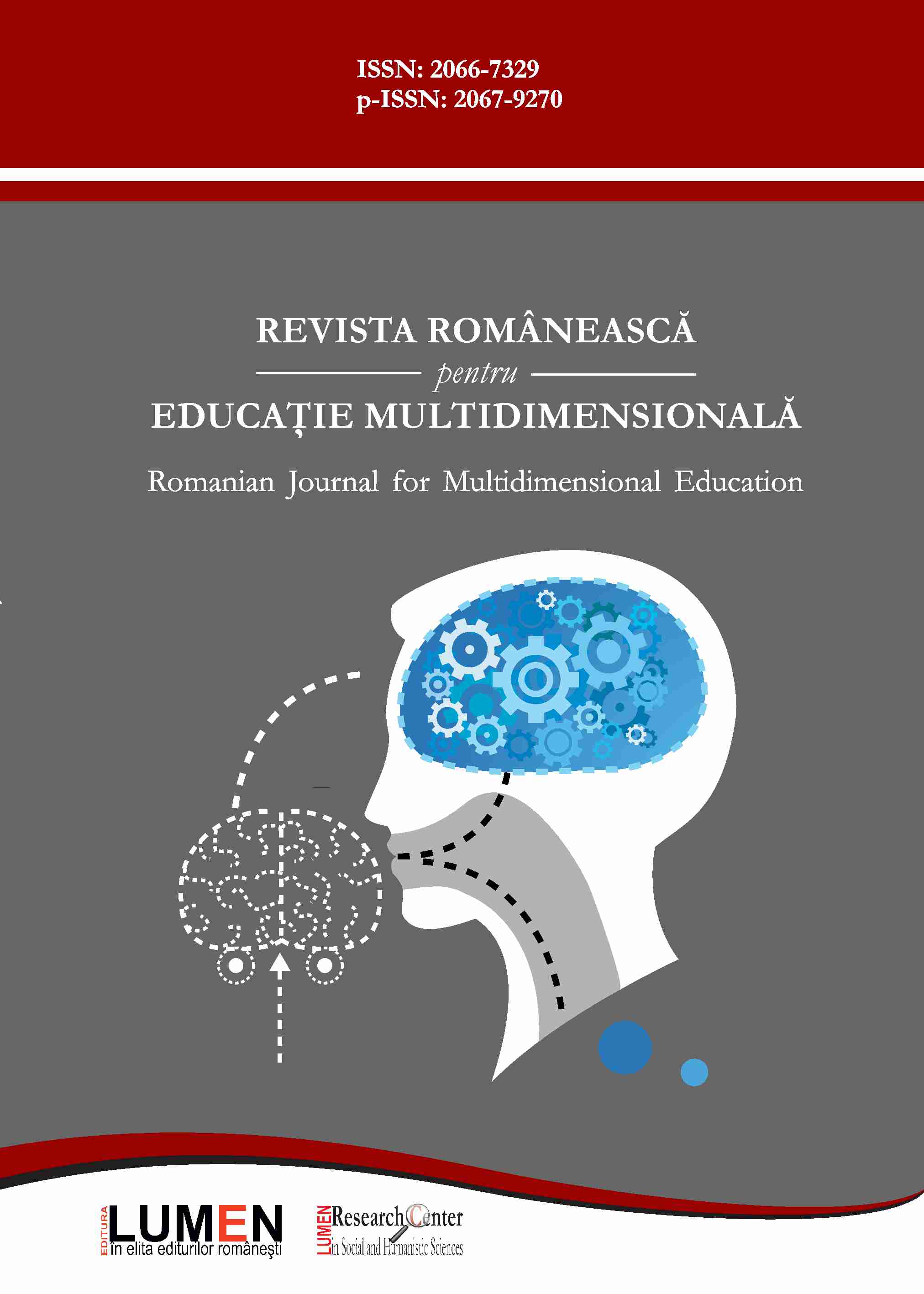Primary School Teacher’s Social Competence in the Postgraduate Education
Primary School Teacher’s Social Competence in the Postgraduate Education
Author(s): Olena Varetska, Olena Vasylivna Nikulochkina, Olena Shymonivna Tonne, Anatoliy Ivanovych Kuzminskyi, Olena Anatoliivna Bida, Victoria Vitalyevna VdovenkoSubject(s): School education, Educational Psychology
Published by: Editura Lumen, Asociatia Lumen
Keywords: social competence; primary school teacher; reflexive component; criteria; indexes; levels of development;
Summary/Abstract: The main point of the article is that among the factors that contribute to the social success of students, the developed social competence (SC) and ability of primary school teachers to reflect are extremely important. The process of development of the reflexive component of social competence of elementary school teacher in the postgraduate process is defined as the object. According to the hypothesis of the work, its development can become a multifaceted process, an integral part of effective professional training, with appropriate willingness of teachers, their involvement in practice-oriented activities to solve vital social problems and the implementation of socially significant projects; pedagogical support of teachers on diagnostic basis. Theoretical studies of definitions of social competence have made it possible to distinguish among its various approaches its reflective component. In view of the lack of a single universally recognized toolkit, the content, criteria, indicators and levels of the phenomenon under consideration are determined on the basis of the theory and methodology of different fields of general pedagogy, vocational education. To analyze and evaluate the reflexive component, the methods of introspection and self-assessment were selected and the author's method "Self-assessment of teachers' readiness to increase their social competence" was created. In accordance to the hypothesis and developed concepts of the model of activity, a system of integrated sustainable development of social competence for primary school teachers was created. Comparisons of initial and final results showed their greatest positive dynamics in the experimental group, whereas in the control group there was only a tendency to improve it (the results were tested for reliability by means of mean, paired comparisons, correlation analysis (student t-test)). The developed system has provided continuous, detailed, multi-level methodological and social support for teachers during the course and inter-course periods for five years. It helped them to carry out a socially oriented professional activity on the students' social competence formation, their values, motivation and behavior.
Journal: Revista Românească pentru Educaţie Multidimensională
- Issue Year: XI/2019
- Issue No: 4 Sup1
- Page Range: 309-327
- Page Count: 18
- Language: English

